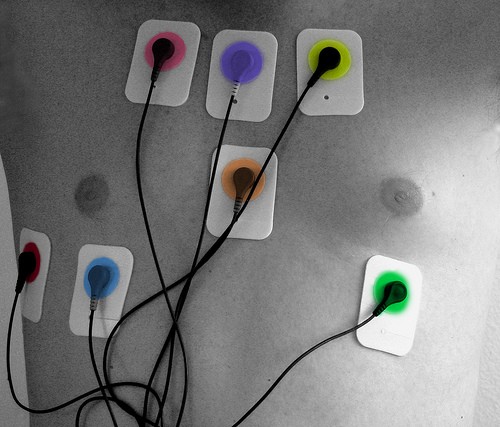
Now here is an effective way to prevent heart attack, the no-1 killer in India. Latest research shows that a new test can tell whether a person will suffer from a heart attack, by identifying certain markers in the blood stream.
Researchers from The Scripps Research Institute (TSRI) in the US compared heart attack survivors with healthy people and found that the circulating endothelial cells (CECs) in the bloodstream can hint risk of suffering a heart attack early and more accurately.
Endothelium is the thin, inner lining of a blood vessel. The endothelium cells reach the bloodstream when a build-up of fatty deposits in the artery walls leads to inflammation in the arteries, causing blood clots. Previous research has directly linked presence of endothelial cells in the bloodstream during a heart attack. In the study, Peter Kuhn and colleagues developed a new technology known as High-Definition Circulating Endothelial Cell (HD-CEC) assay. The technology was tested on 79 people with a recent history of heart attack, 25 healthy people and seven patients of vascular disease. Patients of heart attack had comparatively higher levels of the cells in the bloodstream compared to the other two groups.
"The goal of this paper was to establish evidence that these circulating endothelial cells can be detected reliably in patients following a heart attack and do not exist in healthy controls-which we have achieved," Kuhn, who led the study, said in statement.
Interestingly, the new test was found more accurate than the currently available test for this purpose, known as CellSearch.
The study has been published in the journal Physical Biology.
Symptoms of a heart attack differ in each person. It can either appear with a chest pain or without giving any warning symptoms. So it is not often easy to predict the risk of getting a heart attack.
To help in this aspect, in November last year, researchers from the University of Edinburgh in UK developed a non-invasive imaging technique that helps identify fatty build-up inside the arteries that supply blood to the heart and risk of ruptures.
In April 2012, research conducted by University of California, San Francisco found that electrocardiogram (EKG) that measures heart's electrical activity can be helpful in predicting heart attacks in healthy elderly people.













